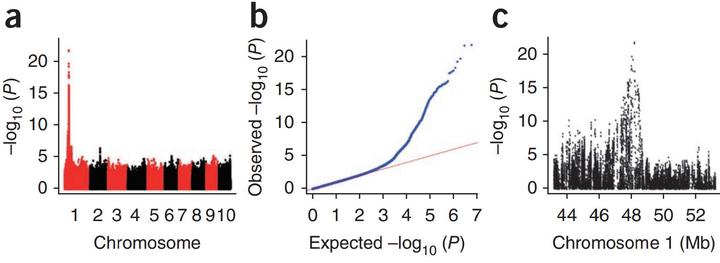 Image credit by Jiao, Yinping
Image credit by Jiao, Yinping
Abstract
The success of modern maize breeding has been demonstrated by remarkable increases in productivity over the last four decades. However, the underlying genetic changes correlated with these gains remain largely unknown. We report here the sequencing of 278 temperate maize inbred lines from different stages of breeding history, including deep resequencing of 4 lines with known pedigree information. The results show that modern breeding has introduced highly dynamic genetic changes into the maize genome. Artificial selection has affected thousands of targets, including genes and non-genic regions, leading to a reduction in nucleotide diversity and an increase in the proportion of rare alleles. Genetic changes during breeding happen rapidly, with extensive variation (SNPs, indels and copy-number variants (CNVs)) occurring, even within identity-by-descent regions. Our genome-wide assessment of genetic changes during modern maize breeding provides new strategies as well as practical targets for future crop breeding and biotechnology.